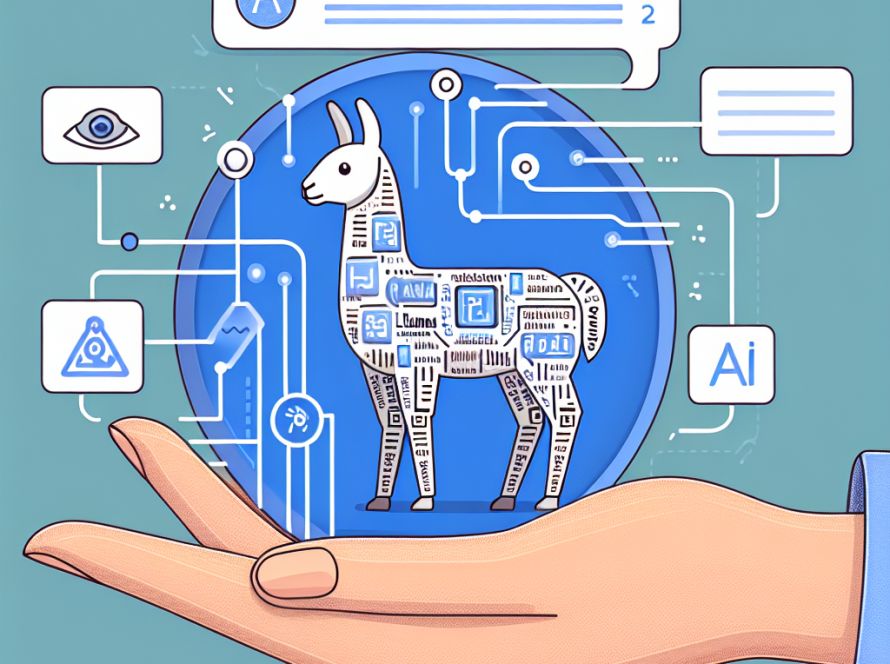Artificial Intelligence and natural language processing are rapidly advancing fields, and a key player in these arenas is the application of Large Language Models (LLMs). But LLMs have their challenges, one such being their capability to effectively engage in role-play. To address this, Alibaba researchers are pioneering a unique technique, DITTO, which significantly amplifies the role-play capabilities of LLMs.
The study endeavors to bridge the gap between limited role-playing efficiency in open-source LLMs and their proprietary equivalents. Previous attempts to replicate the abilities of advanced models like GPT-4 in less robust open-source alternatives have been partly successful, but have typically struggled to maintain consistent character identity and impart accurate, role-specific knowledge in multi-turn role-play discussions.
In seeking to break through this impasse, the research presents a unique perspective: LLMs as blends of diverse characters, trained using extensive corpora encompassing diverse personalities, experiences, dialogues, and events. The DITTO method maximizes this inherent character understanding within LLMs, allowing effective simulation of role-play dialogues and treating role-play as a variant of reading comprehension task.
DITTO collects character profiles from open-source knowledge bases like Wikipedia and Wikidata, which sets the stage for the next phase: dialogue simulation. Role-play dialogues are simulated as a sequence of reading comprehension tasks involving the generation and response to queries about the characters’ backgrounds. This methodology enables the model to tap into its integral knowledge about various characters, providing a more genuine and diversified role-play experience.
DITTO’s efficiency was confirmed using open-source LLMs such as Llama-2, MPT, and OpenLLaMA. The results indicated a higher performance level than existing role-play benchmarks, including reasoning, commonsense, and code generation tasks. DITTO maintained a steady role identity and delivered accurate, role-specific knowledge in multi-turn role-play dialogues, ensuring performances comparable to advanced proprietary chatbots.
In conclusion, the application of the DITTO technique marks a substantial advancement in LLM technology, with open-source LLMs achieving a level of role-playing skill typically seen in proprietary models. It expands the potential of LLMs in multiple engaging scenarios and points towards promising future progress in natural language processing and artificial intelligence fields.
This research is the work of the Alibaba research team. Further details can be found on the official paper and Github. Stay updated on AI advancements by following us on social media and subscribing to our newsletter.


